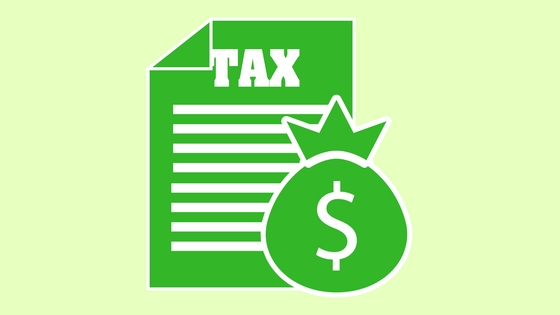MoreThanTheCurve.com recently published an article on the Colonial School Board’s concern about the potential bill that would eliminate property taxes, a major way schools have historically been funded. This morning, City & State published an article profiling Brain Baldinger, the man who started the campaign to eliminate property taxes, why he believes they are unfair and his proposal to fund schools. From the article:
Baldinger, a retired radio and TV producer, is quick to animation and articulation in a way that belies his age, but nothing outwardly differentiates him from any other guy in the pizza shop. His phone’s caller ID is the only indication that he leads Pennsylvania’s most powerful grassroots anti-tax coalition and is the public face of a legislative push to make it the first state to abolish property taxes.
“There’s no such thing as property tax reform; there is no such thing as property tax relief,” he said. “It’s the only tax we have that isn’t based on your ability to pay. We just need to get rid of it.”
His group, the Pennsylvania Taxpayers Cyber Coalition, and its mission to eliminate the state’s largest source of school funding, once elicited eye rolls in Harrisburg when they first began lobbying legislators 13 years ago. Today, politicians are calling him – a testament to his group’s organizing and advocacy, he said. Baldinger believes his organization is on the cusp of a great victory.
“If it’s going to happen, it’s going to happen in 2017 – the system has just gotten out of hand,” he said in a deep voice that harkens back to his days in Philadelphia-area radio. “The media doesn’t want to talk about it, but people want it.”
The “it” is House Bill 76 and Senate Bill 76, legislation Baldinger frequently refers to as “our bill” and for which he takes personal credit for co-authoring. It’s a sweeping proposal that would eliminate more than $14 billion in school property taxes, replacing that revenue by increasing the state income tax to 4.95 percent and the state sales tax to 7 percent – 61 percent and 17 percent increases, respectively.
To hear Baldinger tell it, the shift will transform Pennsylvania into an economic Xanadu, reversing years of population decline and job losses in many parts of the state, while unburdening homeowners buffeted by constant property tax increases. The state will actually collect more tax revenue in the long run, tax abolitionists like Baldinger say, by abandoning a system he describes as antiquated and regressive.
The entire article is available online at City & State.

